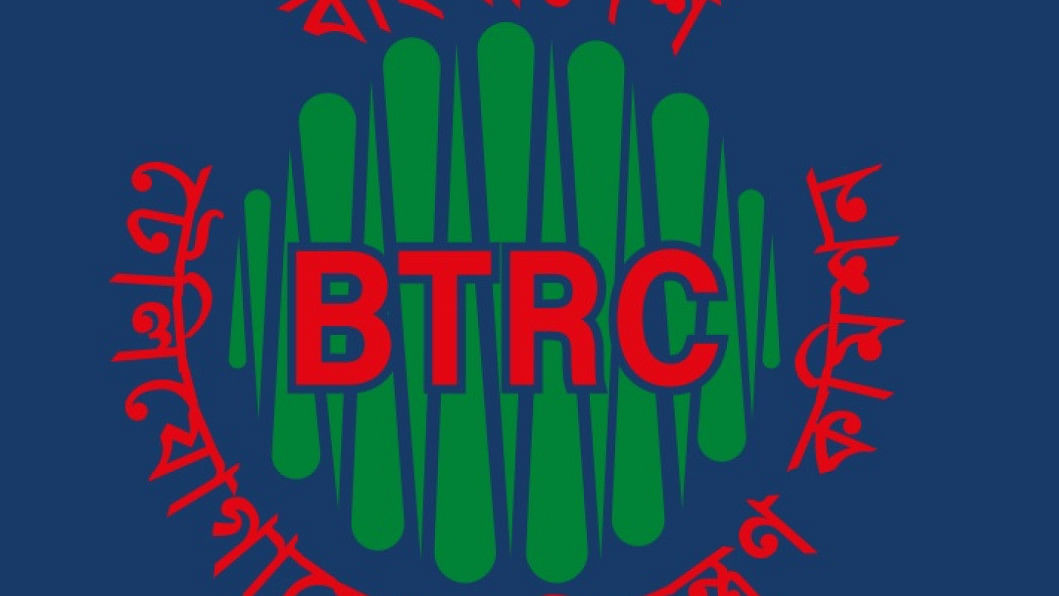IGW operators now want to route international SMSs

International Gateway (IGW) operators today demanded permission to route both international text messages and incoming calls under the newly proposed licensing policy.
In Bangladesh, IGW operators handle international incoming calls, while international short messaging services (SMSs) are routed through mobile operators.
Asif Rabbani, president of the IGW Operators Forum (IOF), said the Bangladesh Telecommunication Regulatory Commission should issue a directive in this regard, as the current policy has already given the go-ahead to IGWs to route international SMSs.
"Additionally, IGW operators should be allowed to migrate to the international layer under the proposed reform policy," he said at a press conference in Dhaka.
Earlier, mobile operators terminated international calls.
But in 2008, the government introduced an additional layer to combat illegal Voice over Internet Protocol (VoIP) operations.
Under the International Long Distance Telecommunication Services (ILDTS) policy, a specific network topology was established with a three-year framework for services such as IGWs.
The international gateways would receive calls from foreign telecom operators and then route them to local users through another set of operators called Interconnection Exchanges (ICXs).
In 2014, a group of IGW operators proposed an experimental model called the IGW Operator Switch, giving them control over a common network switch used for call termination and interconnection.
That same year, the BTRC approved the model without amending the ILDTS policy, thereby violating existing regulations.
The government endorsed the model in 2015, allowing cartel members to dominate the market and enjoy higher revenues. Though the approval was initially experimental, the arrangement continued for years.
After Md Emdad Ul Bari was appointed BTRC chairman in September last year, the commission moved to reform the system.
According to BTRC documents, the IGW Operators Forum had unilaterally amended a commission-approved agreement without authorisation and violated several directives.
There were also serious concerns about transparency in handling funds collected under the Market Development Expenses (MDS) head.
The IOF collected Tk 631 crore in MDS from IGW operators, of which over 95 percent was routed and spent through a single account under Beximco Computers.
Citing the lack of transparency in managing such a large sum, the BTRC referred the matter to the Anti-Corruption Commission for investigation.
In light of these issues, the commission has revoked approval for the operational agreement between the IOF and IGW operators concerning call exchanges under the government-sanctioned network topology.

 For all latest news, follow The Daily Star's Google News channel.
For all latest news, follow The Daily Star's Google News channel. 



Comments